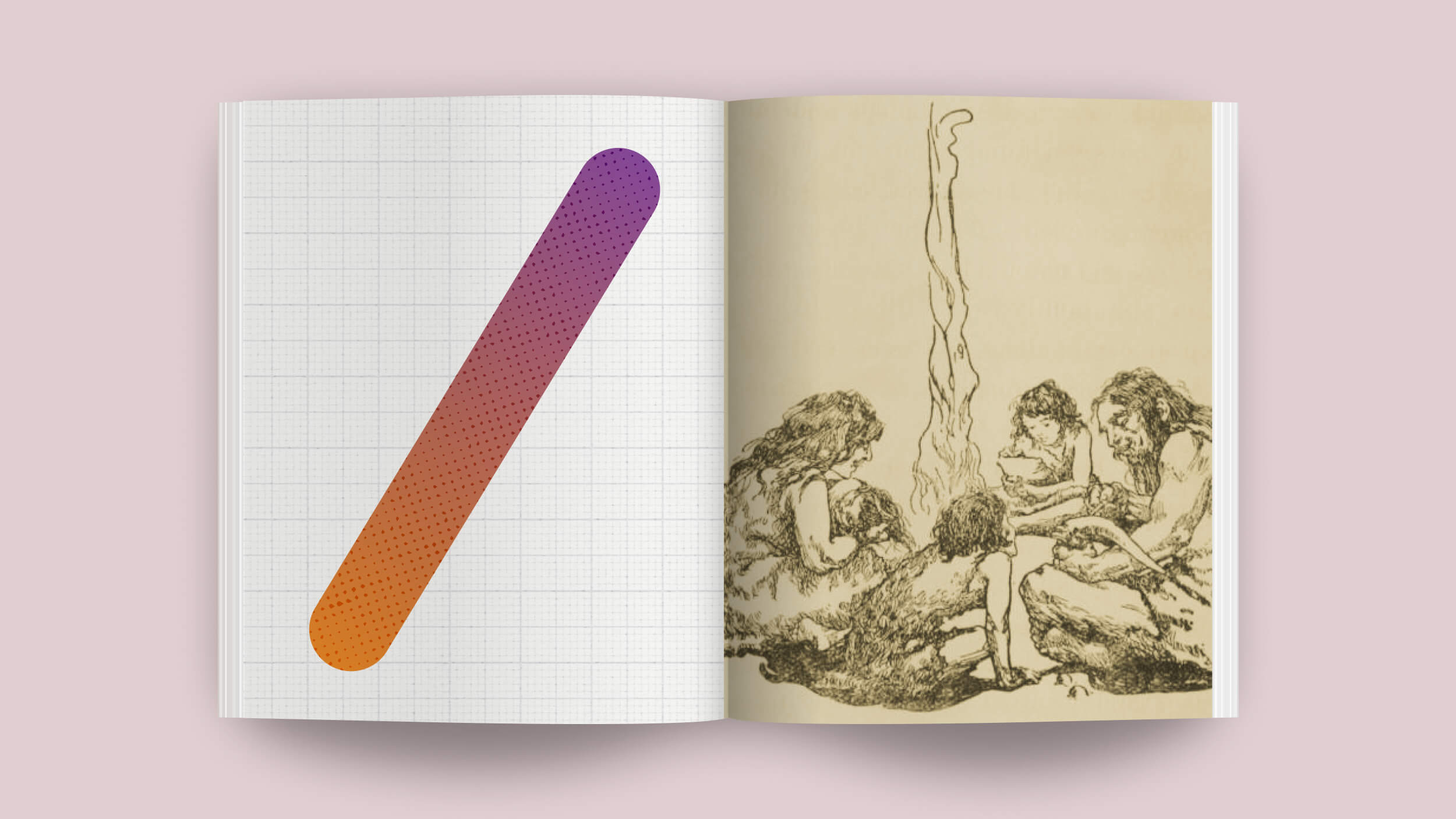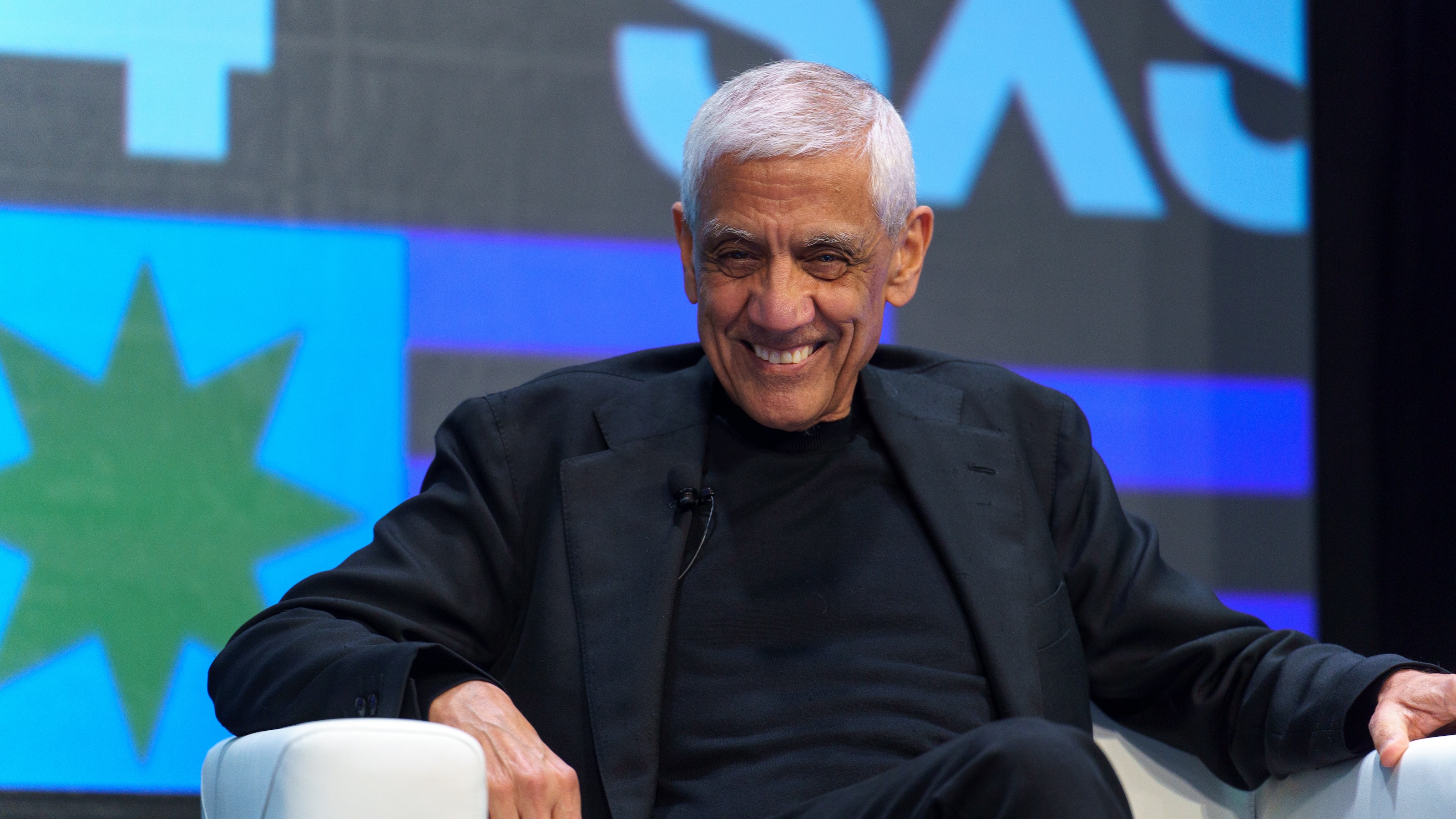Why our “weak-tie” connections are actually super-strong

- Being intellectually alive is about creating space in our lives to reap the many benefits of “weak tie” relationships.
- Weak ties refer to relationships that aren’t part of our inner circle — but usage of the word “weak” is misleading.
- Via weak ties we can find opportunities not normally afforded us by close ties.
Being intellectually alive isn’t only about being open-minded when presented with new ideas and perspectives. It’s about proactively seeking out these experiences. It’s about fighting to break free of the bubble that’s so easy to create for ourselves to understand how the other 99.9 percent of humanity lives outside of those who look, think, or act like us. By doing so, we gain access to not only new ways of looking at the world but also opportunities we may not have otherwise heard about. It’s about creating space in our lives to reap the many benefits of “weak tie” relationships.
Our weak ties refer to the relationships we have with acquaintances or colleagues who aren’t part of our inner circle or who we do not closely work with. The usage of the word “weak,” however, is a bit misleading. The term was introduced in 1973 via a paper published by sociologist Mark Granovetter aptly titled, “The Strength of Weak Ties” in the American Journal of Sociology.The meat and potatoes of Granovetter’s study argue that, yes, close friends and family are instrumental in emotional support. But in terms of being presented with new opportunities and learning new information, it’s our “weak ties” that hold the most strength.
This may not make immediate logical sense, but the rationale does make sense. The chances are good that your closest friends share similar interests, have similar conversations, and run in similar circles which lead them to hear about the same kinds of opportunities and a subset of ideas. Those on the outside of your primary network, however, live a different experience. They have their own social group and are exposed to different opportunities and ways of thinking.
I’ve found Granovetter’s findings to be dead on. Regarding opportunities, except for a managerial role that came with a salary, all of my positions in my twenty-year career have either been straight commission or some variation of self-employed. No matter what I was doing or the sector I was working in, I’ve been fortunate to have a few spokespeople blast my name around their network despite not spending a lot of time together or in many cases, ever meeting in person. These are the people I either met randomly through work, social events, mutual friends, or in some cases, through other weak ties.
For example, the opportunities I have today to help write books in the “Business for Good” space, are a direct result of one weak tie relationship. In 2020, I received a message from a talented connector named Anne Palmer to talk about possibly helping out with her writing. Life got in the way of the two of us working together. But shortly after we spoke, she connected me with Fred Dust, the author of Making Conversation and former Global Managing Director of IDEO. Anne did this without any ulterior motive other than thinking Fred and I could benefit from getting to know each other. Not thirty seconds into talking to Fred, I understood Anne’s deep admiration for him. He is very much his own person and a heck of a storyteller. Like Anne, Fred is also the type of person who seems to know everyone. He’s like the Kevin Bacon of the social impact and creative world. Due to his love of seeing people make cool stuff together, whenever anyone in his wide circle says they’re interested in writing, it seems like he drops my name. This makes it very hard to refer to Fred as a weak tie as the strength of my career is a direct reflection of Fred’s giving and generous spirit.

But I’m far from the only person who has benefited from weak ties regarding gaining exposure to opportunities. In September 2022, LinkedIn published a study that tracked twenty million users of the platform between 2015 and 2019. The results reinforce the strength of weak ties and the importance of keeping up with casual acquaintances. Senior editor at large at LinkedIn, George Anders, shared a few examples from the study in a LinkedIn article where people landed new jobs or were able to navigate changing sectors thanks to weak tie relationships.
In one case, a woman who ran a music-marketing consultancy, as well as a local music store, was forced to close the doors of both of her businesses because of the pandemic. A man who had taken music lessons in her store, however, caught wind that she was on the lookout for a job and he referred her to his fast-growing marketing firm. Despite being well-connected in the music industry, her direct network couldn’t offer much help because they were in the same predicament due to the damage the pandemic caused to the industry. Ironically, it was the “weak tie” of a former student that proved the most beneficial to the woman’s career as opposed to her inner circle.
In another case, a middle school teacher was looking for a career change. The person who set off a chain of events that helped this former teacher transition into a new career path was a woman she was in the marching band with in high school. When I reflect on this study, as well as many of my friends who have benefited from weak ties, and my own experiences, it’s hard not to view weak ties as a crucial element in creating “career luck.”
While weak ties might provide us with opportunities we might not normally be exposed to from our close ties, perhaps the greatest benefit is that they provide us access to new ideas and ideologies that help us become more innovative.





